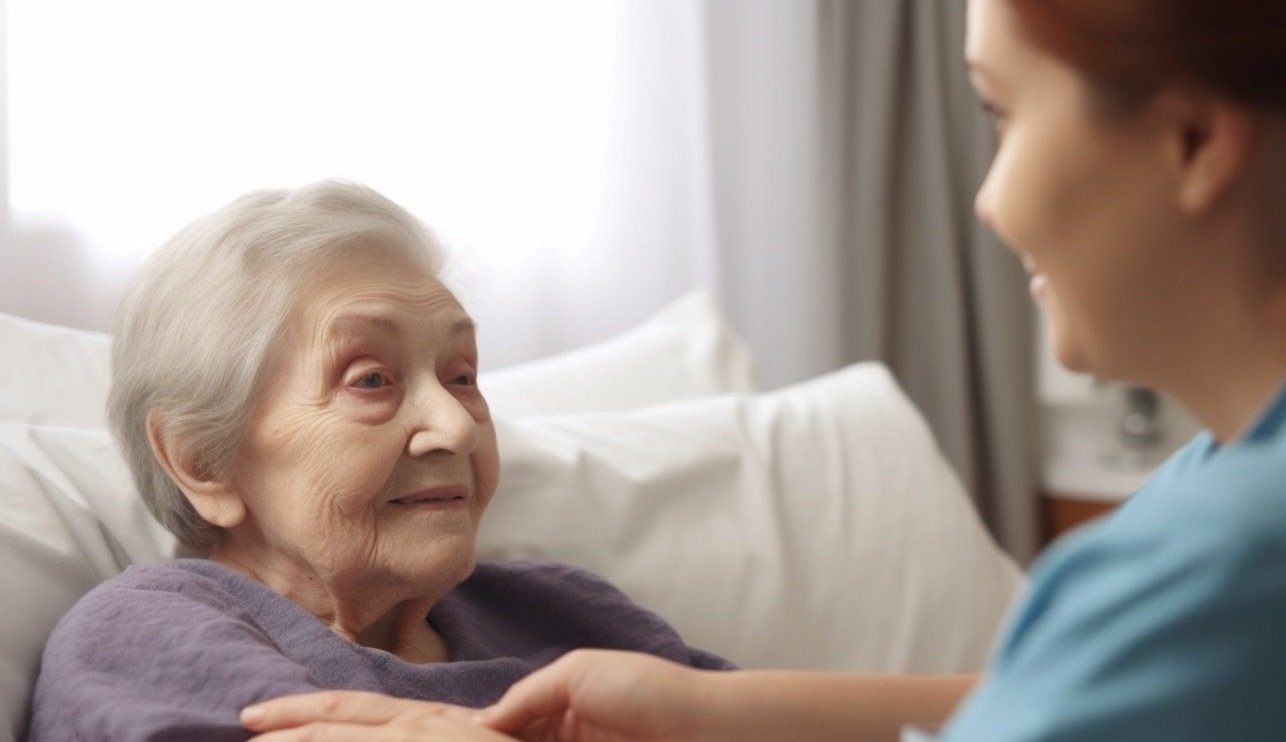End Of Life Care
By Alex Moss
Having worked in a hospice for over ten years, I know not everyone wants to talk about where they want to die. For those that do, most say they would prefer to be at home, as long as they are not a burden on the family.
With good community based support services, combined with high-quality live-in care, a person can often stay at home as long as they wish.
Too Many People Die In Hospital
Over 70% of people would prefer to die at home, yet less than one-quarter do. Nearly half of people die in hospital, though very few people want this.
The possibility of a dying at home will always depend on a number of factors, such as the progression of illness, the need for symptom control, whether there are complications, the family support available, access to community based palliative care services, and whether necessary equipment and other services are available.
Having the continuity of Live In Care at end of life can help coordinate many of these things that can make a person’s wish to die at home more achievable.
High Quality Care At Home Matters
According to the Social Care Institute for Excellence “The single most important factor that enables people to die at home is the presence of a carer”.
Having a carer present can provide emotional, spiritual and psychological support at the end of your life and for your family too. It can make it easier to have family and friends around in familiar surroundings. It may not always be possible to die at home, but it can certainly mean you remain home as long as you can.
Avoid Hospital. Get Home Sooner.
It’s a sad fact that admissions to hospital at the end of life can increase significantly too. With around the clock care, many can be avoided along with the disruption that can impact on your quality of life.
Getting home can also be a challenge. With live-in care already in place, it is far easier and faster to get back home from hospital, reducing the stress and anxiety of the situation.
Peace of Mind Day And Night
We can help you find the right carer, giving you peace of mind your loved on will not be alone. Live in care means there is always a comforting and familiar face with you. For family and friends, it provides the quality time you need to focus on the person, not tasks.
If you’d like to know more about the process of setting up live-in care, read our article on How Live-In Care Works



